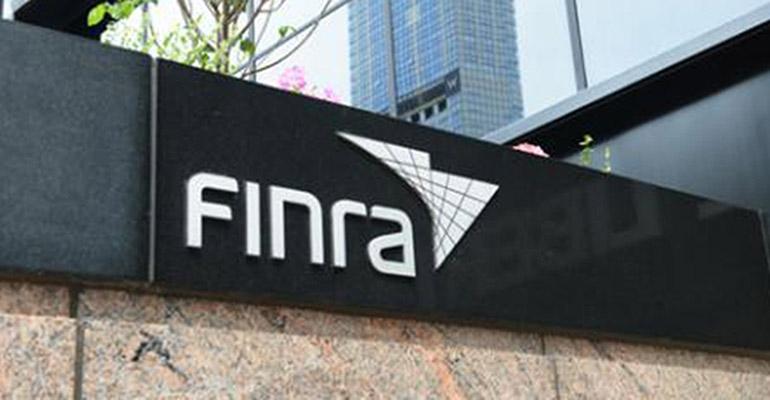You may have heard the Financial Industry Regulatory Authority announced a new initiative titled the “Maintaining Qualifications Program.” If you are someone who has FINRA licenses, such as the Series 7, that have not yet expired and are not currently registered with a FINRA regulated broker-dealer, then this opportunity might be something for you to explore.
With this new program, by enrolling and keeping current on continuing education, FINRA licensed professionals will have five years—instead of two—before their licenses expire.
If you fall into this group, here are some pros and cons to think about.
What Are the Pros?
There is an emotional aspect for financial advisors in leaving a broker-dealer or hybrid broker-dealer when it comes to potentially losing their FINRA licenses. After putting so much work into obtaining those licenses, it is daunting to think about losing them, and all those hours that would go to waste. Stories about advisors making career decisions solely to maintain those licenses, abound. This new MQP program may offer some much-needed breathing room and perhaps even peace of mind for those that leave a FINRA regulated firm. At minimum, it can give people an emotional and business buffer so that the impending two-year deadline for registering with a BD does not resurrect the same cycle of stress initially felt when making the decision to disassociate with a BD. This also may discourage advisors from making poor choices out of desperation to keep their FINRA licenses, like attempting to illegally “park” them at a BD; or seeking out career paths based in part on the ability to meet the requirements needed to keep their licenses active.
If you would like to keep your options open as an advisor, the MQP could have great benefits for you. For example, say you start at a broker-dealer or a hybrid broker-dealer/RIA then decide that the independent investment advisor channel was more appealing, only with this type of change you would no longer be associated with a BD, therefore your FINRA license would no longer be active. If you enrolled in the MQP, so long as you maintain your CE and follow the program requirements, you would have three additional years of time to explore different sectors of financial services, without having to give up those licenses.
What Are the Cons?
The big caveat I want to make sure people are aware of is that you are solely responsible for completing and staying on top of the CE required to remain active in the program by Dec. 31 of the fifth year. You cannot rely on your RIA compliance team or your assistant to remind you or do it for you—it is up to you to track it and make sure that you are getting that CE completed on time. This is a departure from the typical protocol of a compliance team; emailing you, roaming the hallways and otherwise pestering you to make sure you did all your CE. If you know that you’re not the kind of person who could remember to do this throughout the year and would get stuck ruining their New Year’s Eve trying to find an emergency CE class, consider this fair warning.
How Do You Enroll?
The MQP is currently open for enrollment; those who wish to enroll must do so before the effective date of March 15.
For MQP purposes, you must have terminated registration (U5 filed) with a BD on or after March 15, 2020, to be eligible.
If you meet the eligibility requirements and wish to enroll in the MQP, follow these steps:
- Sign Up or Log in to FinPro: This is where you review your U4 and enroll eligible licenses, receive notifications from FINRA and track CE completion dates and status.
- Complete Required Coursework: Individuals must complete all CE, both Firm Element and Regulatory content, annually by Dec. 31 of each calendar year they remain in the MQP. Coursework for the first year of the MQP will become available July 1, 2022.
- Additional information can be found on FINRA’s website, or contact the call center at (301) 590-6500 if your questions cannot be answered online.
As regulatory authorities, the objectives of FINRA and the Securities and Exchange Commission are to protect investors; they cannot do that if their licensed individuals and fiduciaries do not know the latest rules and regulations. However, both institutions are looking for ways to modernize some more antiquated requirements, such as the New Marketing Rule initiated by the SEC, which became effective in May 2021. Without losing the integrity of their licensed advisors' education, the MQP program is a means for FINRA to update its criteria to fit the current environment of financial advisory practices, more of which I imagine we will see in the future.
Stacy Sizemore, is Chief Compliance Officer at tru Independence, an open architecture platform that provides financial advisors with a full suite of business services needed to operate independently.





